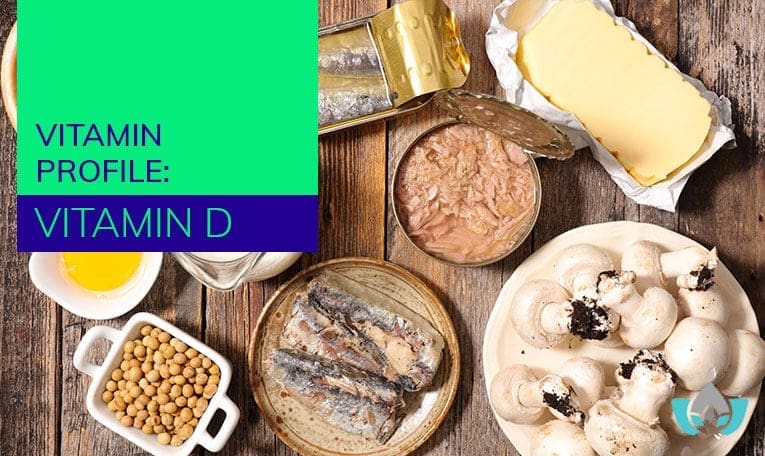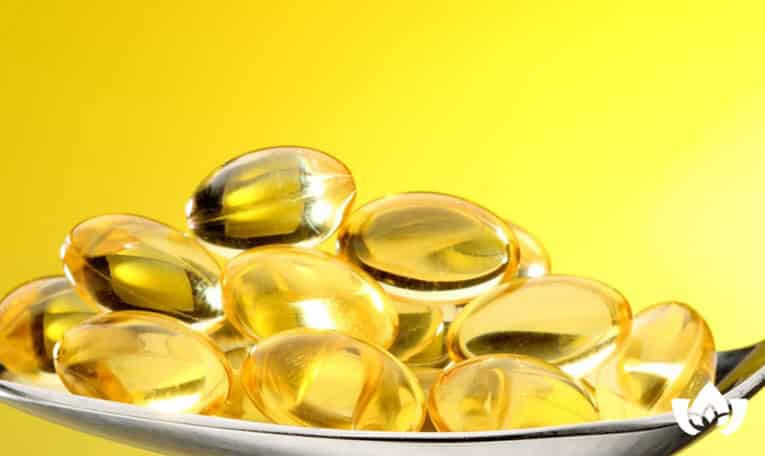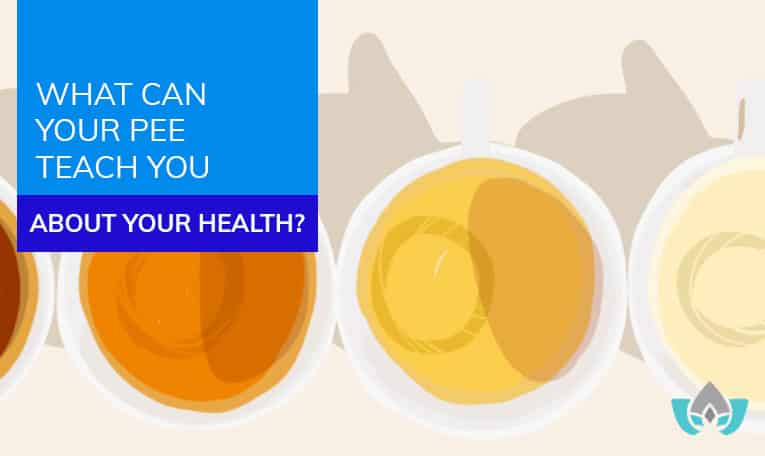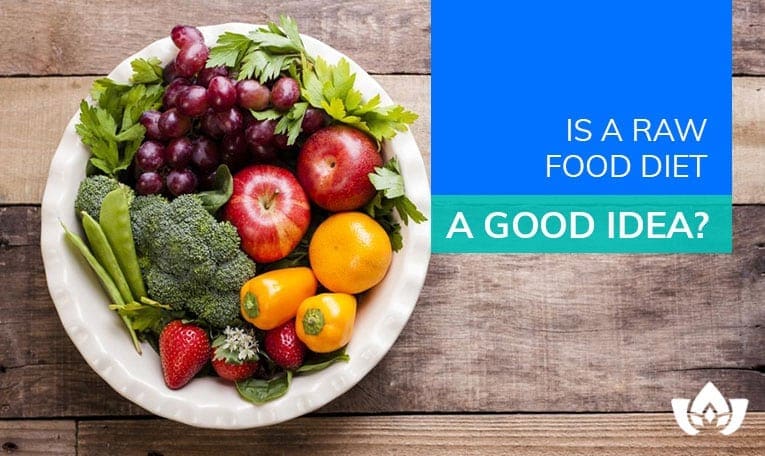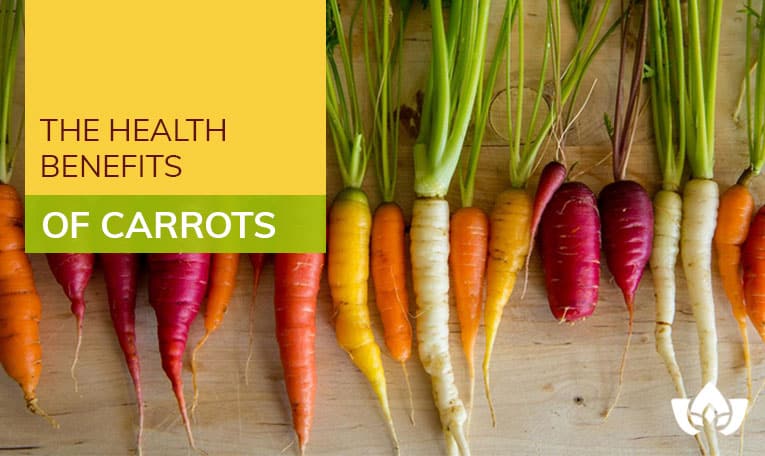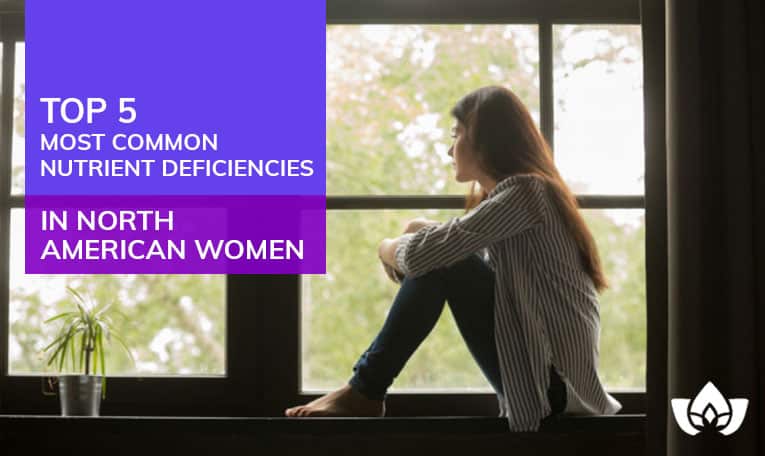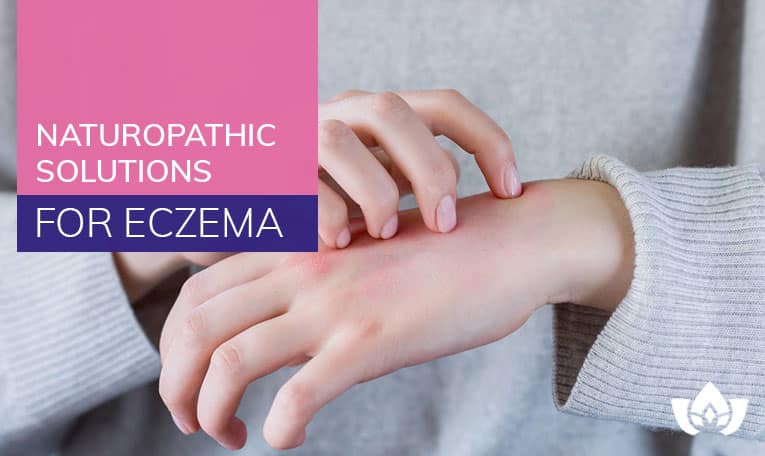

Eczema is a skin condition that affects 1-3% of the adult population, though it is far more common in children.
It has links to a number of other health conditions, which can make finding a solution challenging and confusing.
When faced with a flare up of an itchy, irritating rash it can be difficult to imagine it getting better, but at the Mindful Healing Clinic, a naturopathic doctor clinic in Streetsville Mississauga, we can help.
This article is an outline of what eczema is, how it can present, and a few things you can try to help your skin heal.
What Is Eczema?
Eczema is a general term that encompasses a number of skin conditions in which the skin becomes dry, itchy, and red.
It often appears as a rash and is triggered by the body’s immune system reacting to a trigger either on the skin or in the body.
While it can be uncomfortable or painful, eczema is not contagious.
Different Types Of Eczema
The most common type of eczema is atopic dermatitis, in which a rash appears in response to triggers inside the body rather than on the skin.
Atopic dermatitis differs from contact dermatitis, another type of eczema.
Contact dermatitis is a response to a trigger on the surface of the skin rather than inside of the body.
Dyshidrotic dermatitis causes itchy, scaly rashes on the fingers and palms as well as the soles of the feet, which can become cracked and painful.
Dyshidrotic dermatitis is more common in women than in men.
Nummular dermatitis results in round lesions that often appear on the legs, but can also affect the torso, arms, and hands.
Nummular dermatitis is more common in men than in women and can be triggered by dry weather.
Seborrheic dermatitis causes an itching, flaking, red rash and primarily affects parts of the body where the skin contains oil producing (or sebaceous) glands, such as the scalp, eyelids, eyebrows, nose, and upper back.
Symptoms Of Eczema
Different types of eczema differ in the way that symptoms present themselves.
One common symptom between the types is the appearance of a red, itchy rash somewhere on the body.
This rash can crack or ooze and become painful.
Eczema rashes can appear anywhere on the body, but are most common on the inner elbows, backs of knees, arms, and head.
Other symptoms of eczema may include:
- Discoloured patches of skin (red or greyish brown)
- Small, raised bumps
- Thickened skin
- Intense itchiness
What Causes Eczema?
Eczema is believed to be triggered by an overactive immune system, either overreacting to minor irritants or responding to proteins present in the skin as though they were foreign substances.
The underlying cause of eczema is still unknown, though it’s likely that both genetics and allergy triggers are involved.
In many cases eczema is a chronic condition that is mostly or entirely dormant until a flareup is brought on by exposure to a trigger.
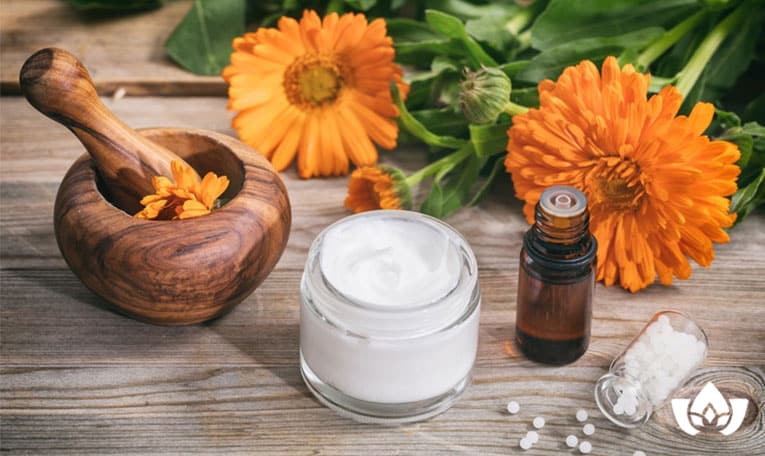
Naturopathic Solutions For Eczema
There are many treatments options to manage eczema flare ups.
Some are much gentler on the skin than others and using harsh treatments can further dry out the skin and aggravate symptoms.
Here are five naturopathic treatment options for eczema:
1. Avoid Your Eczema Triggers
Eczema flare ups can be triggered by a variety of substances either on the skin or in the body.
Especially in the case of contact dermatitis, simply removing the offending substance can often get rid of the rash that it caused.
Some common triggers of eczema are rough fabrics like wool, things that dry out the skin like chemical cleaners and detergents, sweat, changes to temperature or humidity, or animal dander.
In addition to the environmental factors listed above, eczema flare ups can also be caused by stress, food allergies, or upper respiratory infections.
The simplest natural treatment for allergies is just to avoid your allergens, but that’s sometimes easier said than done.
2. Address Any Comorbidities
It is widely known that eczema can be linked to seasonal allergies and asthma.
More recently some research has shown that there may be a link between atopic dermatitis and cardiovascular disease, and several autoimmune disorders including lupus, vitiligo, inflammatory bowel disease, celiac disease, rheumatoid arthritis, and thyroid disorders.
If you suffer from another autoimmune disorder or cardiovascular issue, addressing that as a root cause may help to alleviate symptoms of eczema.
3. An Oatmeal Bath
Colloidal oatmeal is made from oats that have been ground finely enough that they stay suspended in bath water rather than sinking to the bottom.
Mixing a packet of colloidal oatmeal in lukewarm bathwater and soaking for 10-15 minutes can reduce itching caused by eczema and help to moisturize the skin.
Soaking for much longer than that, however, can dry out the skin further.
After an oatmeal bath, apply a hypoallergenic moisturizer as soon as possible and pat dry to avoid the skin irritation that can be caused by rubbing.
4. Calendula Cream
Calendula is a plant that has been used for centuries as a folk remedy to relieve irritated skin.
Now available as a cream, anecdotal evidence suggests that it may help alleviate the symptoms of eczema.
It’s thought to moisturize and improve circulation to the skin.
Calendula is also antibacterial, which is helpful to avoid infection in areas where the skin has cracked.
5. Acupuncture
Acupuncture is the practice of using small needles to alter the flow of energy in the body and is used to address a variety of ailments.
In the case of eczema this study shows that acupuncture can be used to reduce itching caused by eczema and may even be more effective than traditional treatments.
Book An Appointment With The Mindful Healing Clinic
Eczema symptoms can be frustrating and difficult to navigate, but there are solutions.
For professional help managing symptoms and addressing the root causes of your eczema, book an appointment at the Mindful Healing Naturopathic Clinic.

